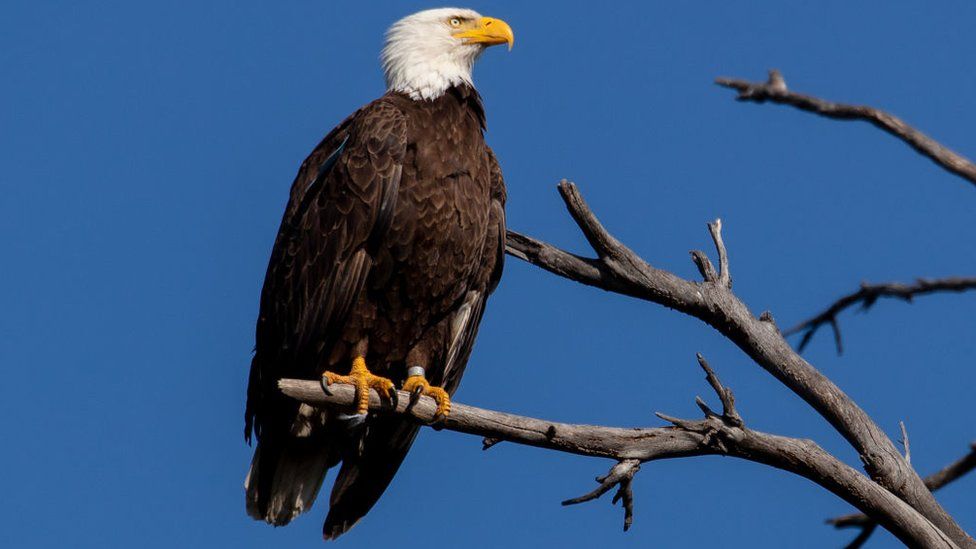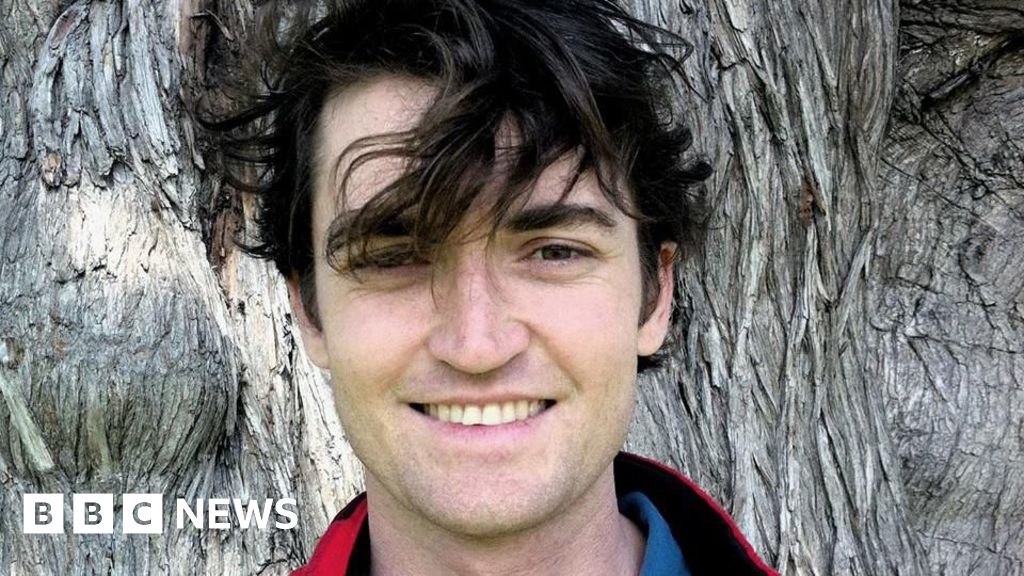ARTICLE AD BOX
 Image source, Getty Images
Image source, Getty Images
The bald eagle was once considered endangered throughout much of the United States, but has made a comeback
By Max Matza
BBC News, Seattle
A US man accused of killing thousands of protected birds has pleaded guilty to conspiring to hunt and traffic bald and golden eagles.
Travis John Branson, 48, shot the birds over several years and sold their parts and feathers on the black market.
In text messages sent to a buyer, he bragged about "committing felonies" and going "on a killing spree".
He faces up to five years in prison when he is sentenced on 31 July in federal court.
On Wednesday, Brandon, 48, pleaded guilty to conspiracy, illegal trafficking of bald and golden eagles, and violations of a law that prohibits inter-state trafficking in illegally possessed wildlife.
He faces fines of around $250,000 (£195,000).
Prosecutors say that from 2015-21 Branson would travel from his home in Washington state to western Montana for the illegal hunt.
He worked with an accomplice, Simon Paul, to kill about 3,600 birds on the Flathead Indian Reservation and elsewhere, say investigators.
Mr Paul, 42, is wanted on the same charges.
Branson was detained in a traffic stop on 13 March 2021 when police found the talons and feathers of a golden eagle in his vehicle.
The bald eagle is the national bird of the United States and is depicted on both the currency and the national seal.
It was endangered in many places in the middle of the 20th Century due to hunting, loss of habitat and the use of DDT, an insecticide that renders the birds unable to lay eggs with strong shells. DDT was banned in 1972.
According to the US Fish and Wildlife Service, just 417 nesting pairs of bald eagles were known to exist in 1963.
Conservation efforts led to a strong comeback and the bird is no longer considered endangered.
You may also be interested in:
Kayakers save pair of eagles drowning in Danube river

 10 months ago
46
10 months ago
46








 English (US) ·
English (US) ·